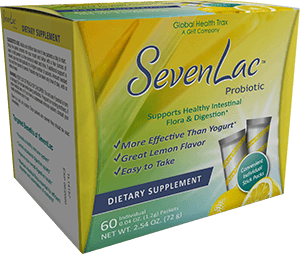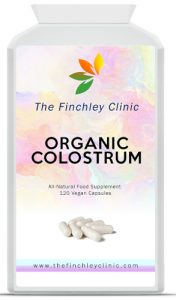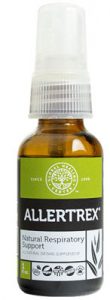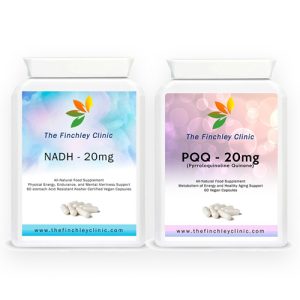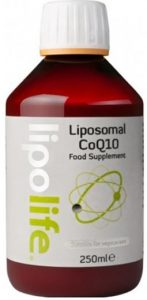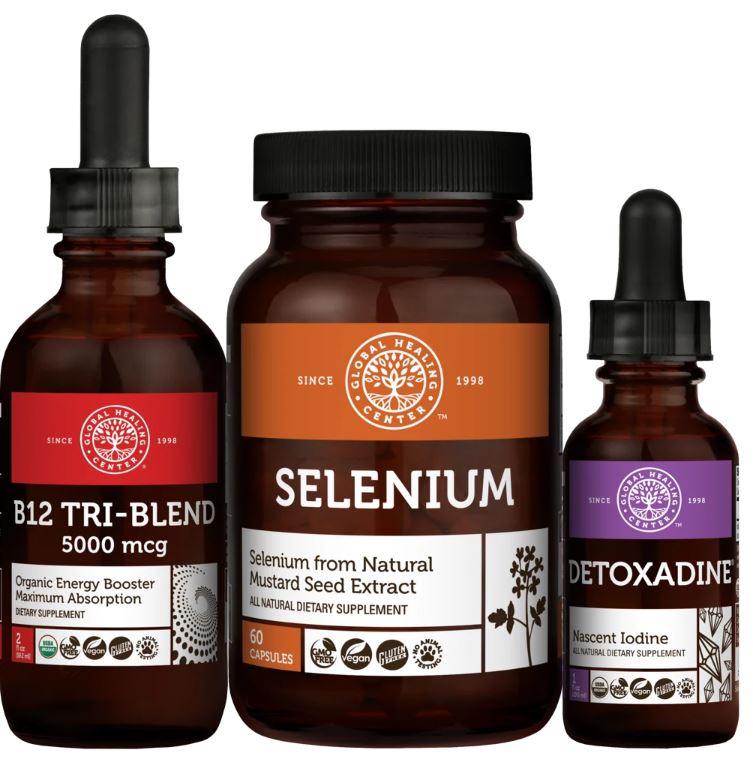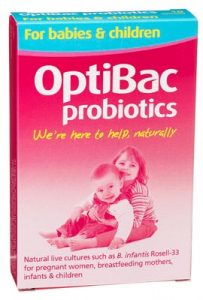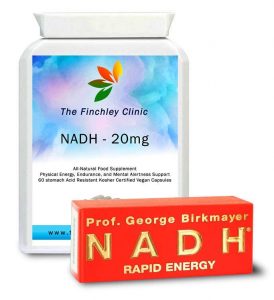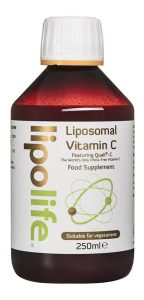You may know Vitamin B2 as the ‘energy vitamin’. That moniker, it seems, is well deserved, given it’s a nutrient that’s absolutely essential to the human body’s process that generates energy. Yet, B12 is also an essential nutrient for a whole host of other bodily functions – as well as being a cofactor and catalyst ‘helper’ compound in specific enzymatic processes.
Also referred to as cobalamin, owing to it comprising cobalt in its molecular structure, B12 is usually derived from food (via the likes of fish and eggs), which is crucial because the human body itself can’t manufacture this nutrient (which boasts the most complex chemical structure of all vitamins). And that becomes an even more significant fact if you struggle to get enough B12 from your diet; it’s crucial you gain it from other means – in short, via supplementation.
B12’s four different forms
Should you wish to boost your body’s B12 levels either through diet or supplementation, it’s important to be aware there are different forms of B12; four of them, to be precise. And each is, indeed, subtly different with specific characteristics:
- Methylcobalamin – the most bioavailable form of B12, this one is capable of crossing the blood-brain barrier seamlessly, ensuring its importance in protecting brain and nerve cells; also crucial for converting homocysteine into methionine (be aware: too much homocysteine in the body may contribute to several health conditions)
- Adenosylcobalamin – otherwise known as 5-deoxyadenosylcobalamin, this form of B12 is a naturally occurring one but unstable
- Hydroxocobalamin – also referred to vitamin B12a, it’s naturally created by bacteria, can be found in many foods and is converted into methylcobalamin in the body; commonly used in B12 shots
- Cyanocobalamin – the lab-synthesised version of B12, ensuring it crops up in a lot of supplements owing to the fact it’s cheap to produce and sell, but it’s far from the best and, ultimately, may not be good for you. Our advice? Stay away from it.
What does B12 do for you?
So, in more specific terms then, why is Vitamin B12 so important? So long as you’re not choosing to consume cyanocobalamin, why’s it such a good idea to boost your levels of this particular vitamin? In more detail then, B12 plays critical roles in the body in terms of:
- Boosting energy and supporting metabolism – B12 is important for the body’s Krebs cycle (the process that generates energy) because it’s critical in breaking-down glucose sugars; moreover, it aids the body to process fat, which means too little B12 consumption can lead to too little fat in the body and high blood sugar levels
- Brain health – important for memory, B12’s critical for good brain health; a deficiency could result in impaired cognitive function and memory loss, in addition to impaired brain and nerve function thanks to decreased production and maintenance of the free radical/ toxin-combatting substance myelin
- Normalising mood – suffering from an unhappy mood? It could actually be because you’re deficient in B12; research suggests good, reputable B12 supplements might help normalise mood. Also, B12’s needed for both generating and releasing mood-regulating neurotransmitters (dopamine, serotonin and melatonin).
- Cardiovascular health – too little B12 in the body may contribute to heart conditions, such as macrocytosis (which sees red blood cells become enlarged and reduce haemoglobin in the blood, leading to a form of anaemia and, thus, potentially poor circulation and increased risk of heart disease and stroke)
- Bone health – again, B12 deficiency could lead to trouble, specifically here in the likes of elevated homocysteine, which impacts on bone density and cell formation to such a degree it drives up the risk of bone fracture in those of a certain age; in which case, experts are of the opinion that B12 levels in elderly people ought to be periodically checked to help ascertain bone health status
- Preventing severe illness – should too little intake of B12 result in compromising gene expression in the body, it could be very bad news; this is because the ‘recipe’ of DNA and RNA (ribonucleic acid) become changed, ensuring unhealthy cells grow abnormally and too rapidly. This proliferation of unhealthy cells in the body can be prevented, it appears, by way of B12 combined with Vitamins B6 and B9 (folate).
Vitamin B12 supplements
As noted above, unfortunately, it’s all too easy to find it difficult to get enough B12 via diet alone. Indeed, older people with certain health conditions may struggle, in particular, owing to malabsorption issues. In which case, your best bet is to fall back on a daily supplement for your B12 needs – and a fantastic, new offering (available through us at The Finchley Clinic) is B12 Tri-Blend (2oz).

This product comes so highly recommended because it’s a vegan-friendly formula that comprises not one, not two; but all three of the best forms of B12: methylcobalamin (60%), adenosylcobalamin (20%) and hydroxycobalamin (20%). Moreover, being the most pure, active, bioavailable coenzyme form of B12, methylcobalamin (or methylated B12), when paired with adenosylcobalamin (B12’s other coenzyme form), becomes the most potent B12 combination available. So, frankly, why settle for anything less when it comes to getting the Vitamin B12 your body needs?

